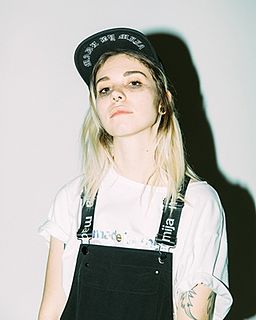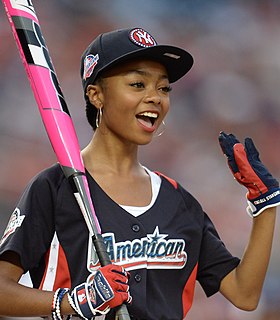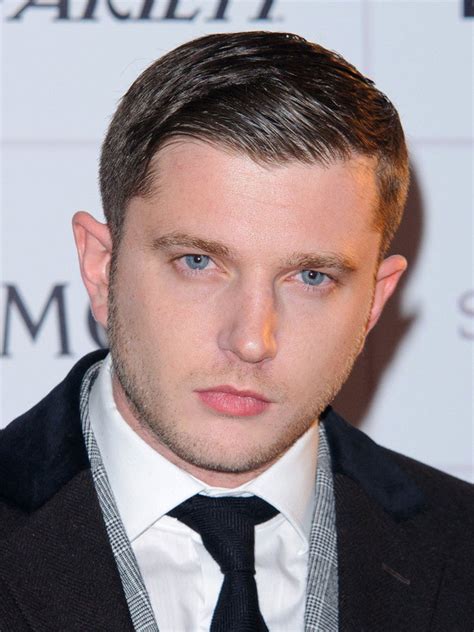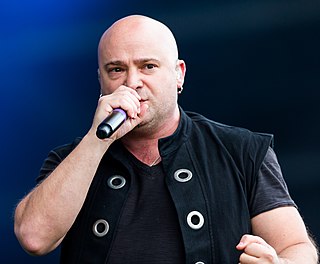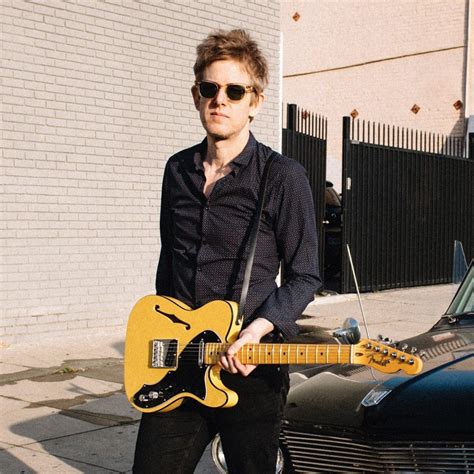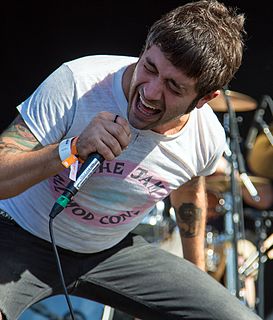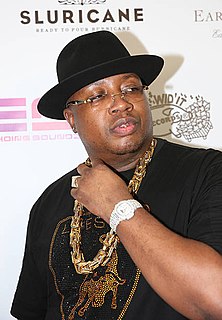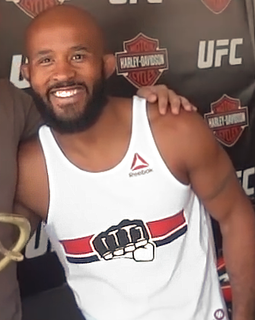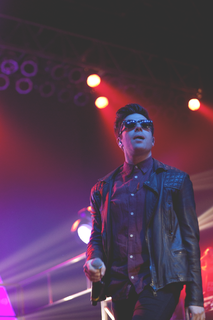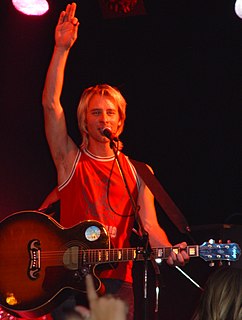A Quote by Mija
I am really proud of where me and Ghastly's track 'Crank It' ended up. It was our first music video and big label release. It was such a dope experience working with OWSLA on that record.
Related Quotes
We drank quite a lot and Tony Harrington said, "We're thinking of starting a record label at The Wire; how about you do a solo record?" I said, "Well, how am I going to do that?" I thought about it, and I'd been working on a lot of music in the years before, and I was working as a journalist, full time, really, up until that point; in whatever little spare time I had, I was working on music. So I said yes.
My record label, which is a huge record label who represents massive, massive stars - they've never done anything like this before, and they were so excited about this idea of an animated character which is singing legitimate music. It's not a comedy record, it's a legitimate record. And they really jumped on board. So, we've got our Facebook page up, we'll be jumping on Twitter very soon, and sort of be creating Haley outside of American Dad.
I love the way I make hip-hop and I refuse to make pop-rap. I don't refuse to make mainstream music, which is why I did a soul record. There was no reason why soul music couldn't get played on the radio and I still wanted to have a relationship with my record label. So, I really enjoyed doing the Strickland Banks album. But there's no point in my trying to release underground hip-hop music on a major label. That part of my talent, or part of my art, had to live somewhere else and feature film was the perfect vehicle for it.
Early on, before rock 'n' roll, I listened to big band music - anything that came over the radio - and music played by bands in hotels that our parents could dance to. We had a big radio that looked like a jukebox, with a record player on the top. The radio/record player played 78rpm records. When we moved to that house, there was a record on there, with a red label. It was Bill Monroe, or maybe it was the Stanley Brothers. I'd never heard anything like that before. Ever. And it moved me away from all the conventional music that I was hearing.
When I first came to New York I was a dancer, and a French record label offered me a recording contract and I had to go to Paris to do it. So I went there and that's how I really got into the music business. But I didn't like what I was doing when I got there, so I left, and I never did a record there.
The idea that somebody out there is that eager to hear my music in advance can only be a good thing. But growing up, I always liked that system where "release day" was a big thing, and for bands I really liked, I'd know that date. It'd be on my calendar, and I'd go to the record store that day. Sitting down and listening to the record for the first time was a real event. I wish it was still that way, but that's not the way the world works any more.
Professionally, I'm proud that Glassjaw has gotten to this moment, and that Justin Beck and I are making another record and some zany things are going on. It's on the tip of my tongue all day every day, between the press and the experience of putting ourselves out there, and putting our personalities out there to be judged and to have amassed a whole unit of music, and how it's really a celebration of our friendship. I'm really proud of it.
